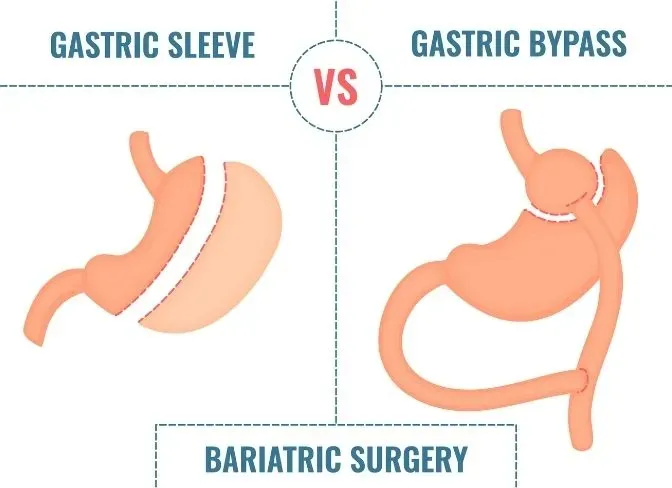Lap-Band surgery, sometimes referred to as gastric banding, is a weight loss operation that is becoming more popular. During the procedure, a silicone band is wrapped around the stomach to shrink its size and so limit the amount of food that may be consumed. Gastric band slippage is one of the risks of this procedure, despite the fact that it is helpful in facilitating weight loss.
The Reality of Gastric Band Slippage
After having Lap-Band surgery, a patient may experience a problem known as gastric band slippage. This is a condition in which the silicone band that encircles the stomach moves out of its intended place. This can lead to a wide range of complications, including nausea and vomiting, discomfort in the stomach region, difficulties swallowing, and in extreme situations, a full blockage of the digestive tract.
There are a variety of factors that might lead to gastric band slippage, and the effects are not usually immediately apparent. Overeating, which causes the stomach to stretch and can cause the band to move out of place, is one of the factors that can contribute to this condition.
In addition, physical activity, such as lifting heavy weights, is another factor that might contribute to gastric band slippage. Pregnancy is another reason that can produce major changes in a woman’s body, including the alterations that occur in the abdominal region.
Symptoms of Gastric Band Slippage
The symptoms of slipping gastric bands might change depending on how severe the disease is in a given individual. On the other hand, some of the most frequent symptoms are as follows:
- Vomiting
- Abdominal Discomfort
- Heartburn
- Difficulty Swallowing
- Reflux
- Unexplained Weight Gain
- A Sense Of Fullness, Even After Small Meals
Treatment of Gastric Band Slippage
Depending on the severity of the disease, there are a variety of treatment options available for gastric band slippage. If the band has only slightly moved out of place, the surgeon may be able to reposition it or even replace it entirely. However, if the patient’s condition is serious enough, it may be essential to remove the gastric band.
If you have any symptoms of gastric band slippage, it is essential to get medical assistance as soon as possible. Ignoring these symptoms might result in further issues, such as an obstruction of the digestive system, which can cause considerable discomfort in addition to other negative repercussions on one’s health.
Preventing Gastric Band Slippage
After having Lap-Band surgery, the most important thing you can do to avoid gastric band slippage is to take preventative measures. Patients should strictly adhere to the post-operative recommendations provided by their surgeons, which typically include a regimented eating plan and exercise routine.
Because it can cause the stomach to expand and cause the band to shift out of place, overeating should be avoided as much as possible. It is essential to remain aware of any physical activity that has the potential to place undue strain on the abdominal region and to take the required precautions in order to protect oneself from harm.
Final Thought
Although lap-band surgery is one of the popular weight-loss methods, there are certain risks involved. Slippage of the gastric band is a significant complication that can cause a variety of painful symptoms as well as possible health issues. By following the right precautions and getting medical assistance as soon as symptoms emerge, patients can avoid the hazards associated with gastric band slippage and obtain the intended objective of weight loss.






Get Free Quote